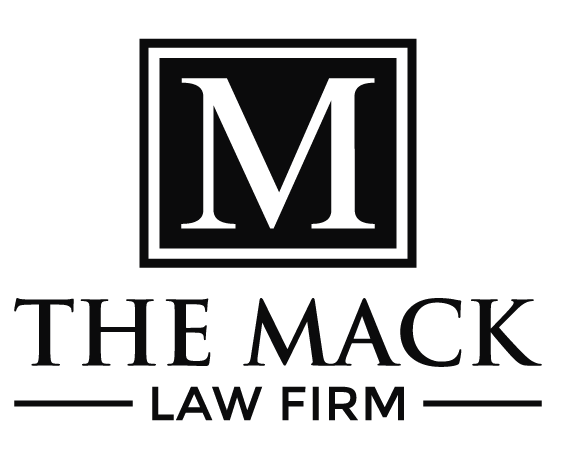By The Mack Law Firm
Retaliation at work is illegal—but many employees aren’t sure what it actually looks like. Whether you filed a complaint, reported misconduct, or stood up for your rights, here’s what to know about workplace retaliation under North Carolina law:
1. What Is Retaliation?
It occurs when an employer punishes you for engaging in a “protected activity,” such as filing a discrimination claim, requesting accommodations, or reporting safety violations.
2. Common Forms of Retaliation:
-
Sudden demotion or pay cuts
-
Harassment or exclusion
-
Unfair disciplinary action
-
Termination shortly after a complaint
3. What Is NOT Retaliation?
General disagreements, poor performance reviews (if valid), or unrelated disciplinary action may not qualify—unless directly tied to your complaint or protected conduct.
4. Your Rights
Employees are protected by state and federal laws, including Title VII, the ADA, and the North Carolina Retaliatory Employment Discrimination Act (REDA).
5. How to Protect Yourself
Keep records, document incidents, and contact a lawyer early. The sooner you act, the stronger your case.
